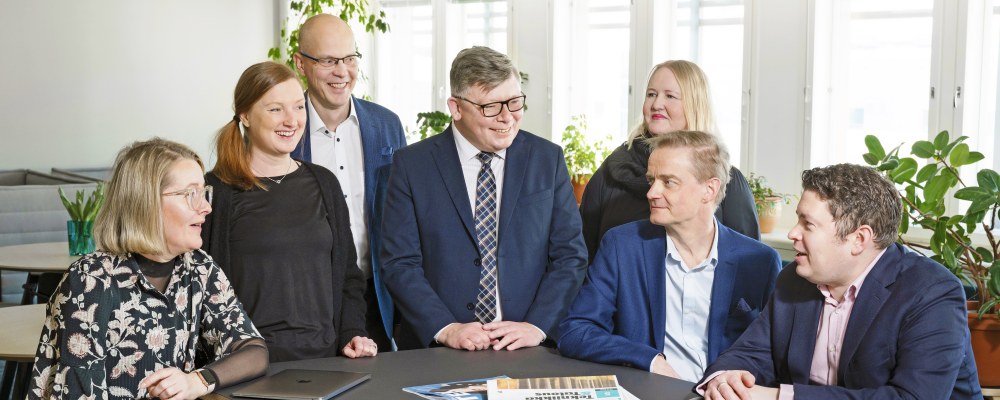
During his job interview a little over six years ago, Jari Jokinen, TEK’s current CEO, presented such a convincing program of change to the TEK Board that he was given the job. The position was open because the previous CEO, Heikki Kauppi, had decided to retire.
The Board and its Chair Marjo Matikainen-Kallström had asked all CEO candidates for suggestions on how to develop the organization’s activities.
In his proposal, Jokinen simply promised that TEK members would receive more member-oriented and relevant services.
The Board approved the program of change in spring 2018.
Shortly after the decision, a story was published in TEK Magazine 3/2018 with the headline “TEK has started cooperation negotiations” (read in Finnish here). According to Jokinen, the need for change was due to the changing needs of TEK’s members, and the organizational structure of the time could not meet these needs.
“The change in the operating environment means that we need to change too,” Jokinen told the magazine.
Cooperation negotiations started and ended, the organizational chart changed, but no one was dismissed. The program of change has been six years in the making, and now it is time to ask the members of TEK’s management team what has really changed.
In addition to CEO Jari Jokinen, the management team includes Labor Market Director Teemu Hankamäki, HR and Development Director Kati Johansson, Financial Director Jari Mellas, Director of Public Affairs Juhani Nokela, Service Director Miia Seppi, and the latest addition, Communications Director Merina Salminen, who joined the team in autumn 2019.
They were all asked the following questions:
- What change have you been a part of over the past six years?
- What has been the best thing about the change?
- What about the worst?
- What would you do differently now?
- What should be changed next?
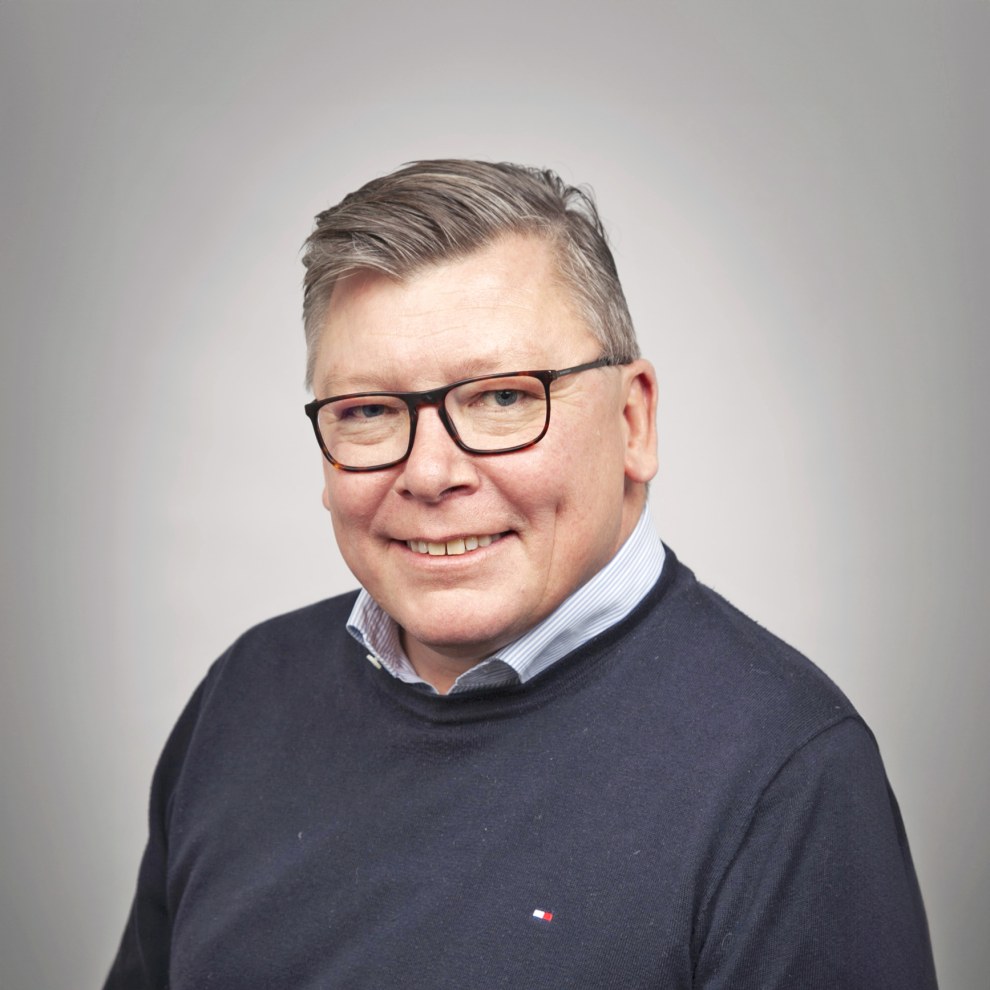
Jari Jokinen, CEO
What change have you been a part of over the past six years?
I started as CEO just over six years ago. The Board tasked me with reforming TEK so that we would attract more academic engineers and architects and also retain them as members.
I launched a five-point change program right at the start of my term: Together, we set out to strengthen TEK’s operating culture to make it more member-oriented, renewed the management team and the rest of the organization and introduced the TEK Lounge concept on campuses. Both the Lounges and our new offices in Pasila provide a better experience for our members and employees. We also renewed our brand and image to be more youthful.
Fifth, we also conducted an external evaluation of the effectiveness of our governance model and moved all of our employees and operations to one organization instead of two, among other things. We will continue to develop our governance when the time is right.
What has been the best thing about the change?
It has been great to see the changes being implemented and, above all, to feel their impact. Our number of members has grown and member satisfaction has increased.
Another important thing is that we recruit people to the management team from outside our field, entirely from the private sector. Together with the more experienced members of TEK’s management team, we have become a very efficient and close-knit team over time. It has been great to experience and see this development.
Thirdly, and perhaps most importantly, I want to mention the fantastic commitment of the whole TEK team to work for the benefit of our members.
What about the worst?
Change is rarely, if ever, perfect. The communications towards personnel could always be better, for example. There were no actual problems, but there is always someone wondering what all these changes mean to them. I am pleased that we could carry out the change process without dismissing anyone.
What would you do differently now?
I would communicate even more, both internally and externally.
What should be changed next?
The needs of our members change as the labor market and operating environment change. Artificial intelligence, being able to work anytime and anywhere, the changing labor market and different employment relationships, just to name a few, will affect the needs of our members and thus also the development of our operations.
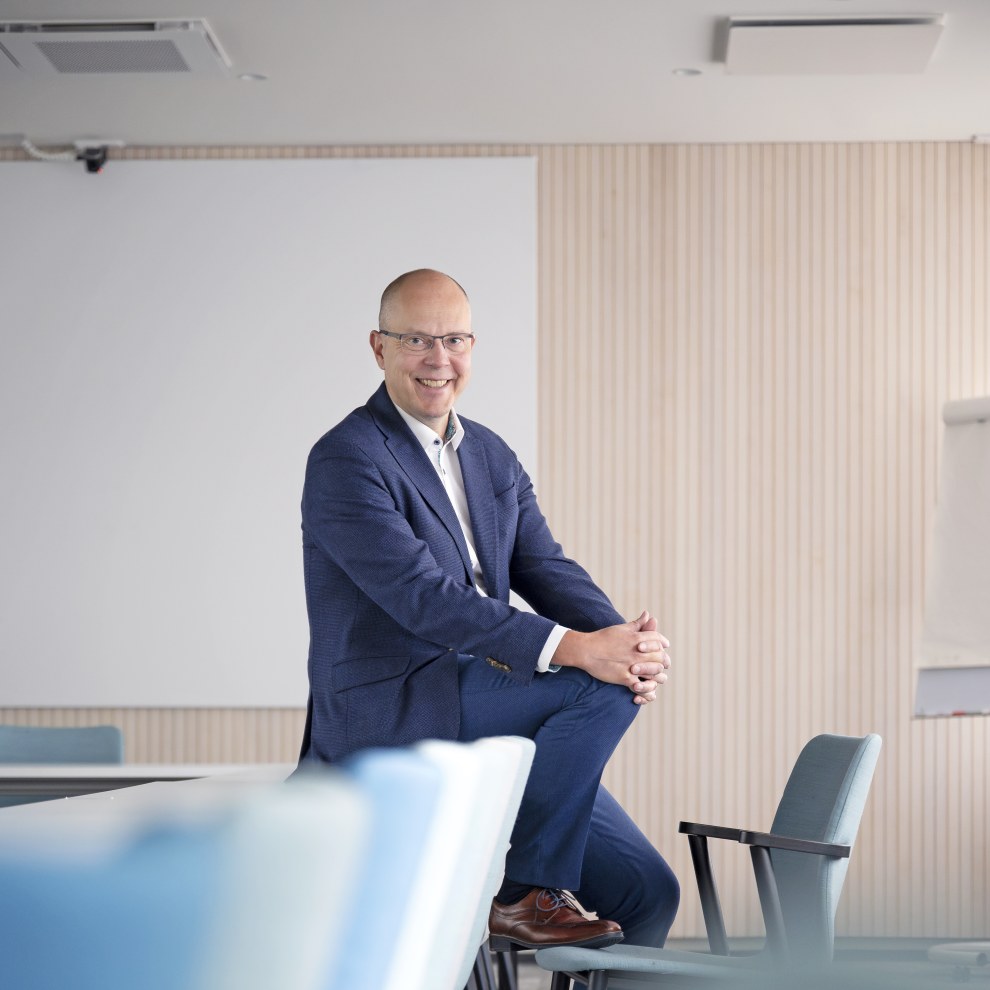
Teemu Hankamäki, Labor Market Director
What change have you been a part of over the past six years?
Working life itself is already undergoing major changes, both in the workplaces of our members and in the collective bargaining activities of trade unions, for example. I am pleased that, even in the midst of change, we are able to deliver real value for money for our members through collective agreements and collective bargaining agreements: annual salary increases and basic working conditions. This is not small change we are talking about, but rather tens of millions of euros every year.
We have also invested more in the expertise of our employee representatives. This is necessary because local bargaining is increasing, and company-specific collective agreements are also becoming more common.
Our working life team provides our members with one of our most valued services – salary counseling. We have increased the number of experts providing counseling and made sure that the statistics and expertise behind the counseling are of the highest quality. I would argue that we know the most about the salaries of academic engineers and architects in Finland and about the price that our members should sell their expertise for. This is already an excellent reason to be a TEK member.
Trade unions should be present in places where the future is being built. With this in mind, we have built TEK Lounges on university campuses in Lappeenranta, Tampere and Turku, as well as at the TEK office in Pasila. Our members can use the Lounges as their living room, office or study corner, where they can spend a day working remotely or take a break between lectures. The Lounges also house a number of events each year.
What has been the best thing about the change?
I cannot thank my working life team enough. The commitment to advocacy work for the benefit of our members is fantastic.
What about the worst?
Change and new ideas require energy. It can be challenging when you have – or think that you have – your hands full already. So you have to fight against the “I’m so busy rowing that I don’t have time to start the engine” way of thinking.
What would you do differently now?
Conducting a deep analysis of the past is sometimes in order, but we can often achieve more by keeping a firm eye on the future.
What should be changed next?
It seems that company-specific collective agreements are becoming more common. We must be prepared to negotiate these agreements in terms of our resources and know-how, even if we do not support the increasing prevalence of company-specific agreements.
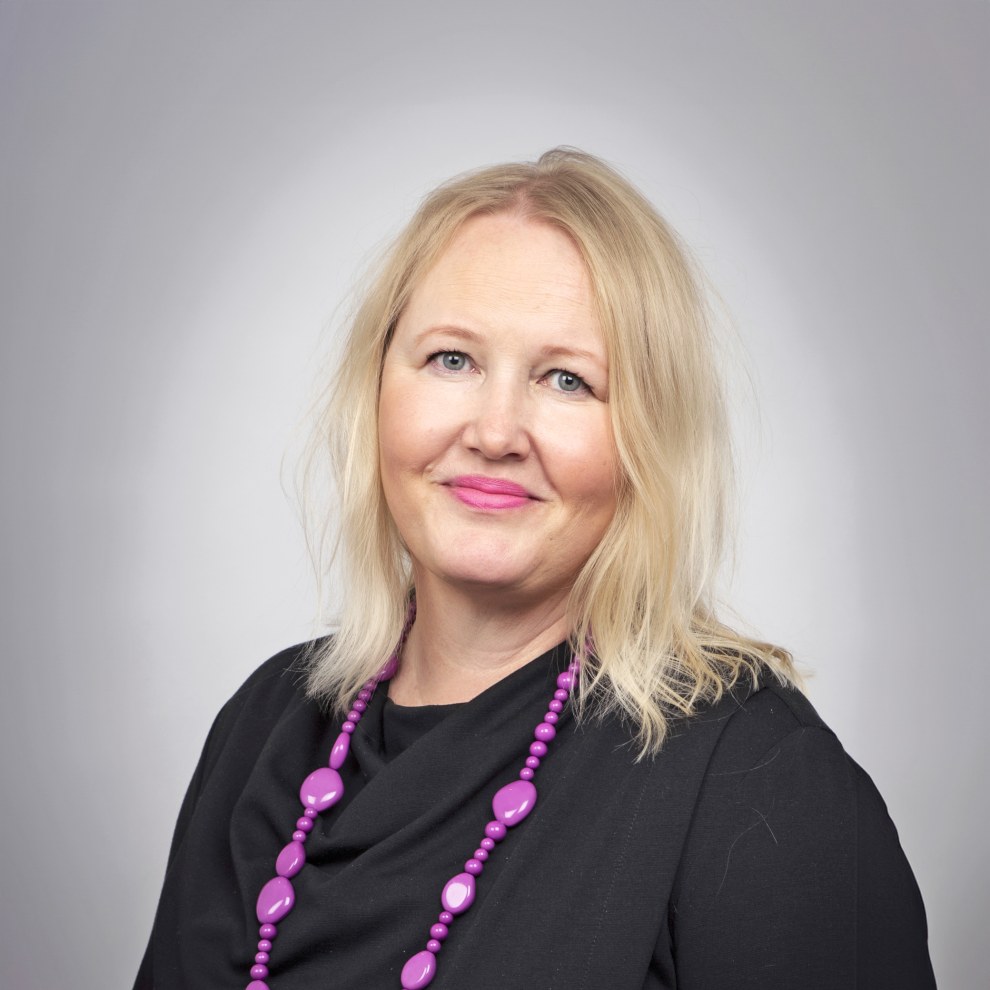
Kati Johansson, HR and Development Director
What change have you been a part of over the past six years?
We have been working on a comprehensive reform at TEK. It all comes down to the conscious management of our organizational culture and adapting structures to meet new needs.
This has also meant bringing new talent into the company. For me, the most concrete step in the journey of change has been the renovation of our offices in Pasila, where, in addition to modern work premises, we now have a new TEK Lounge for our members and other visitors.
We have been developing and experimenting with ways to support our staff’s working capacity and wellbeing. We have a low employee turnover rate and a low rate of sick leave. We have invested in communality and encounters, both in-person and remotely. New personnel events have been introduced, such as shared coffee breaks, TEK Arenas and "skill bits" or taitotuokiot in Finnish.
We have developed various HR processes, such as recruitment and onboarding, and introduced new systems for recruitment, time tracking and HR management. This has improved the quality, communication and transparency of our internal services. We have also developed the onboarding and training of members of TEK’s representative bodies.
What has been the best thing about the change?
In addition to TEK’s results and successes, the development of the working community has been fantastic. We have a good atmosphere that shows that people care and want to make things happen for our members. The way we talk and have a dialogue with each other is also great. We give a lot of positive feedback and praise to our colleagues for their help or good work.
What about the worst?
I see nothing negative about it, this change was needed.
What would you do differently now?
Try to understand better that change requires patience and a lot of internal communication.
What should be changed next?
There is potential in the use of AI to an extent we cannot even speculate. We need to develop these capabilities. We must also continue to invest in developing the work community and supporting staff competence and working capacity.
We also intend to improve the flow of information and dialogue between TEK’s governing bodies and to make the Council meetings more interactive.

Jari Mellas, Financial Director
What change have you been a part of over the past six years?
As the Financial Director and part of the management team, I have been involved in various change projects.
My particular point of focus has been renovating the office to be more modern and making the entire Pasila office building more modern and carbon neutral.
I have also been instrumental in making member benefit magazines a genuinely optional member benefit.
What has been the best thing about the change?
The best thing about the change has been the positive can-do attitude within TEK.
The good feedback we have received from our members and seeing an increase in the number of members after some leaner years have also boosted our motivation.
It has also been positive that, despite the investments we have made to develop TEK, we have been able to keep the membership fee stable year after year. It has even decreased in real terms.
What about the worst?
I cannot think of anything in particular. There may have been some resistance to change in places, but that is all part of the game.
What would you do differently now?
I cannot say. Everything has gone quite smoothly.
What should be changed next?
TEK’s organization has become simpler and more flexible.
But perhaps the organizational structure could be streamlined a little more.
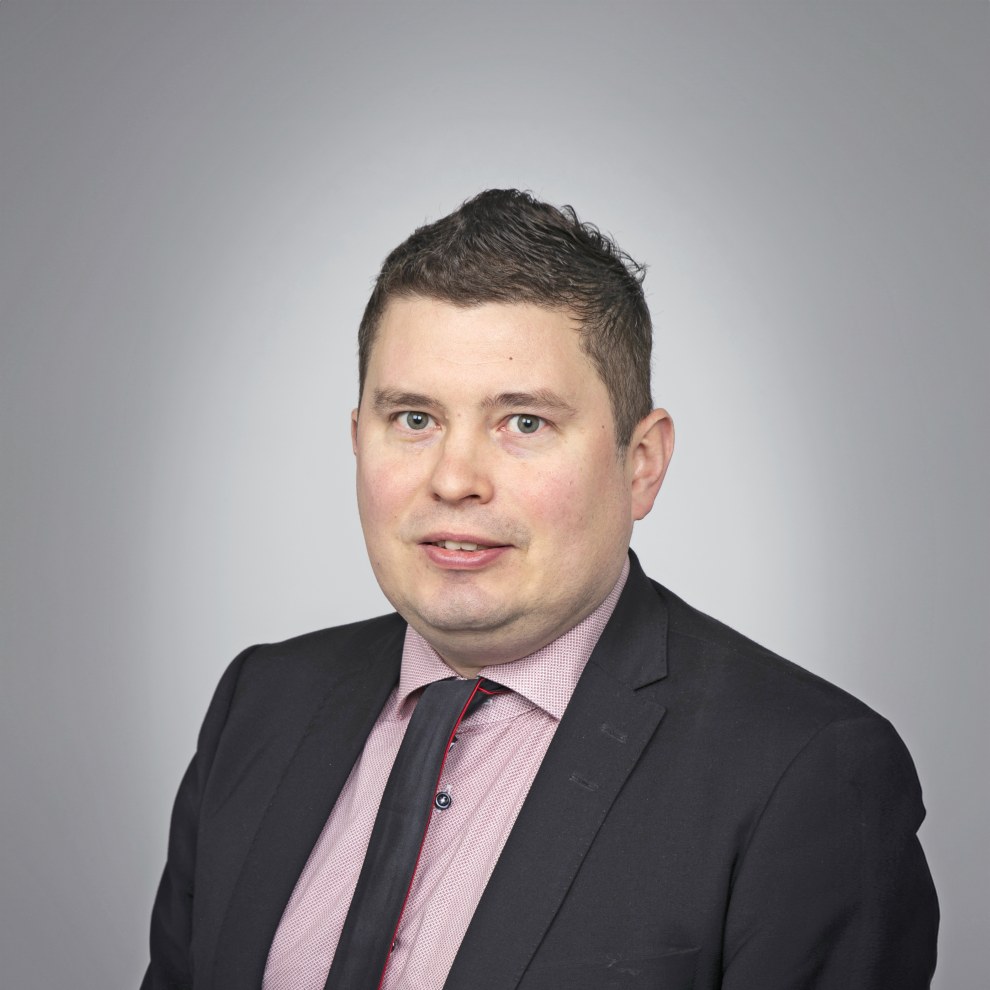
Juhani Nokela, Public Affairs Director
What change have you been a part of over the past six years?
The reform saw the merger of our two units, one focused on innovation and entrepreneurship and the other on education, know-how and the research conducted at TEK.
Together with my team, I have built TEK’s advocacy activities into a coherent whole, based on the premise that Finland is a society founded on know-how and innovations, where the innovation work conducted by companies, high-level experts and top-level research are key.
As part of this, we have recently taken on a stronger role in helping technology students and professionals in Finland find their place in our society.
In terms of TEK’s research activities, we have honed the profile of our own research to better support TEK’s overall activities. We have also taken a stronger role in ensuring that TEK is the strongest utilizer of data in its area of operation, for the benefit of both the organization and its members.
What has been the best thing about the change?
The best thing has been seeing how both our long-standing employees and the new experts have been inspired to do something new and strengthen TEK’s impact. As a team leader, the best part has been the praise from members and key stakeholders, such as universities.
What about the worst?
Not having enough time to brainstorm and innovate with the team and with the whole organization. And of course the COVID pandemic really messed up the community spirit, which always takes time to rebuild.
What would you do differently now?
You can always speculate whether the move towards data utilization or investing in the integration of our international members should have started earlier. On the other hand, I believe that things take time to develop, and if we had taken the plunge earlier, things could have gone in the wrong direction.
What should be changed next?
We have reformed our committees in terms of advocacy work, and we are now considering how to use their know-how, and that of the entire member base, to the benefit of our members. This is a challenge for the future, both for the office and for the trustees.
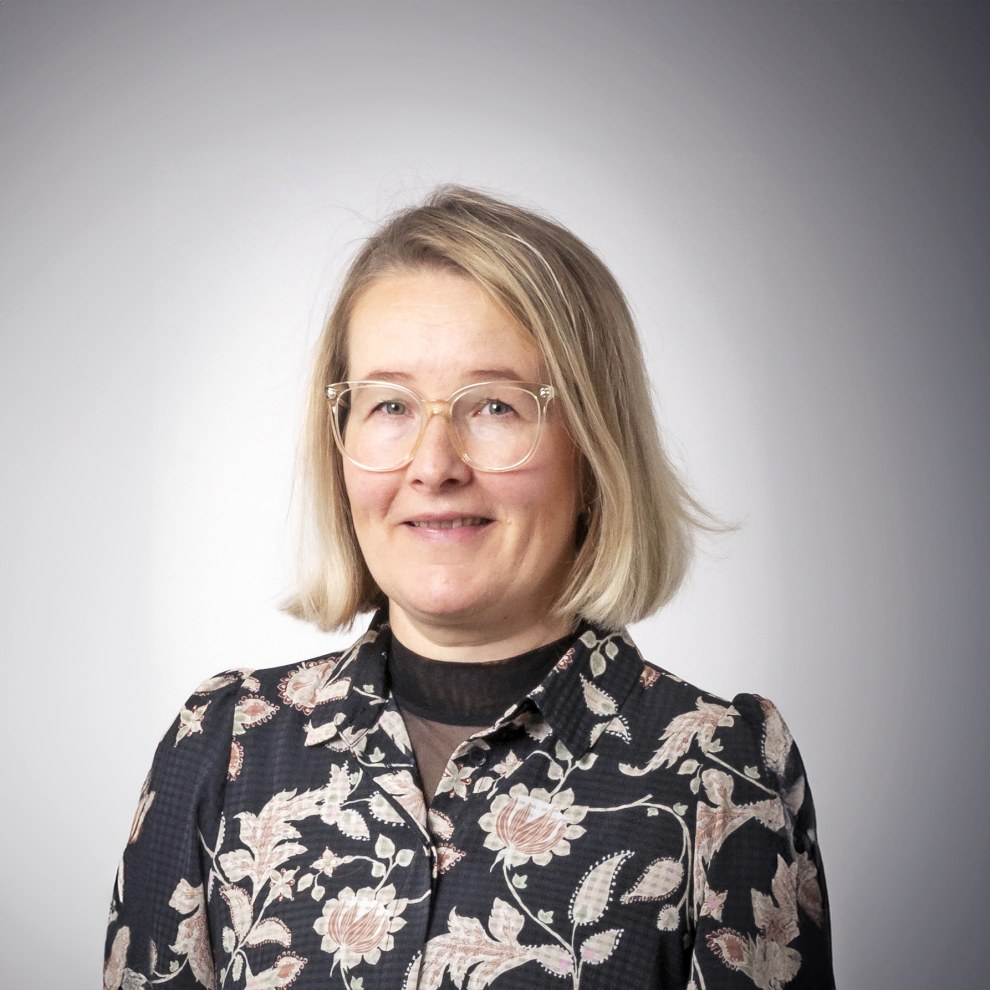
Merina Salminen, Communications Director
What change have you been a part of over the past six years?
Together with my team, I have changed TEK’s communication and marketing to be more proactive and responsive. We have raised a number of issues in the social debate, such as equality and sustainability at work.
TEK’s brand is fresher and more modern than before. Together with my team, we have developed our operations to be more independent, systematic and efficient.
TEK’s communication and marketing is more professional and effective than before. We work together in high spirits.
What has been the best thing about the change?
Making the change together. I have the best team in the world. It has been wonderful to receive support for this change also from my own supervisor and colleagues in the management team.
Good external feedback also feels great. The media has noticed us, and we have received positive feedback from our stakeholders. TEK is seen as a fresh, constructive and smart player in the trade union scene.
What about the worst?
In the early stages, there was some resistance to change, which is typical when things change. Things had been done a certain way for a long time, and that changed, which led to some negative reactions.
The pandemic years provided an extra challenge, because normal interaction with colleagues ceased completely for a while.
What would you do differently now?
I would be more patient in justifying the need for change. Talking things through in good time is often the best remedy for problems that are bubbling under the surface.
You need to involve your team and the whole organization in the reforms.
What should be changed next?
Studies show that TEK’s visibility and reputation have clearly improved over the past five years. But there is still work to be done.
We need to further increase and broaden our visibility in society. Members and potential members need to be better informed about why they should be members of TEK.
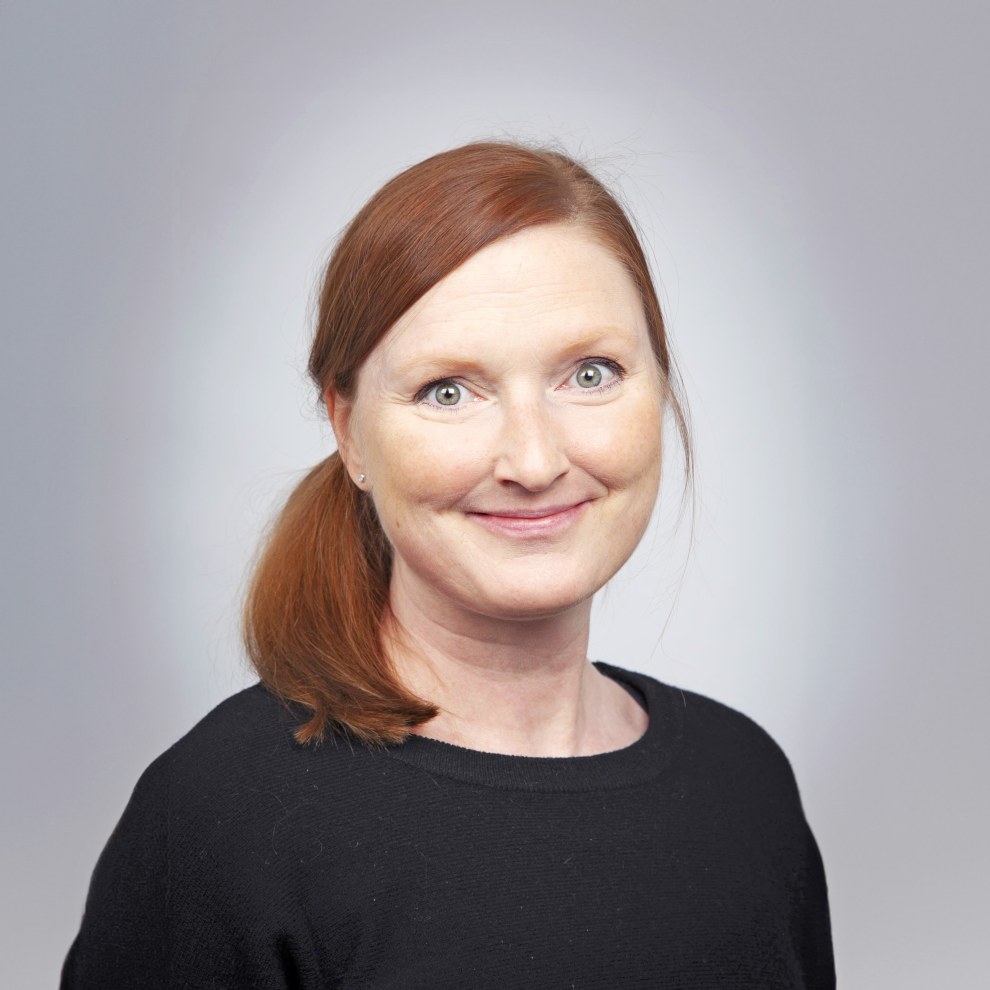
Miia Seppi, Service Director
What change have you been a part of over the past six years?
We have implemented significant reforms together with my team. We have expanded our range of services. We have invested particularly in mental wellbeing services, mentoring, coaching and events. We have also digitized and scaled up our services online. TEK’s website and OmaTEK have been rebuilt using a completely new platform. We have also improved the way we work and updated the tools and systems we use.
I encourage the team to be member-driven and experimental. We collect feedback and data on new services before making further decisions. We use service design methods and skilled partners in our development work. We also involve our members in the development process.
In addition to services, we have invested in student activities and increased our visibility on campuses.
What has been the best thing about the change?
The people and my fantastic team <3. Succeeding together is rewarding.
The results and feedback are also encouraging. The use of our services has increased by more than 100%. Last year, 17% of our full members used our services. The NPS, which measures member satisfaction, is 79.
We are also reaching students better. The number of student members has increased by 25% in recent years. TEK already has around 25,000 student members and more than 80,000 members in total.
What about the worst?
In the beginning, the development needs and the workload seemed huge, but we have been making progress bit by bit. Having a shared vision has helped us stay on the right path.
What would you do differently now?
Before TEK, I worked in the corporate world. The development of services within an organization is similar to that world, but with its own specific characteristics. You need to be able to convince a wider group of people to support change, and having a common set of values plays a key role in this. I tried to push some reforms through too quickly.
What should be changed next?
If we want our services to remain relevant and up-to-date, we need to develop them continuously. Technology is evolving rapidly, and AI is bringing new opportunities with it.